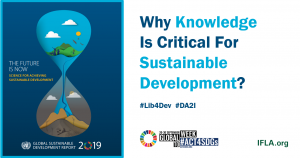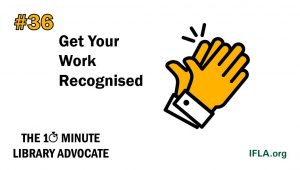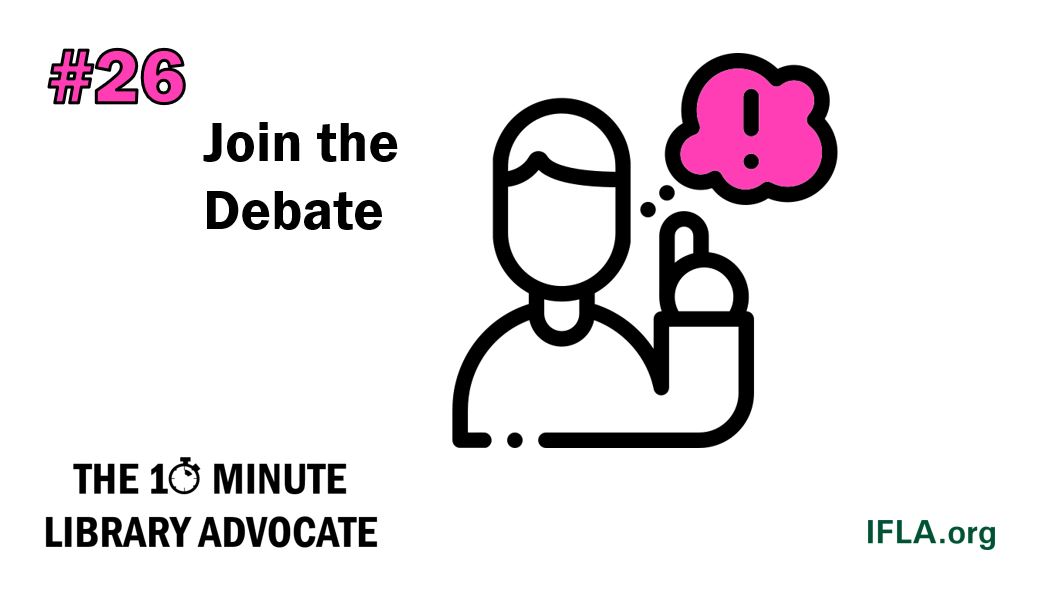World Cities Day 2019 focuses on the fact that to deliver on the Sustainable Development Goals, it will be necessary to succeed in cities, where more than half of the world’s population lives.
Cities, in concentrating people, can also concentrate both opportunities and problems. They can be places where new possibilities emerge, new collaborations form and new ideas develop. However, they can also be marked by economic and social divides, as well as severe environmental damage.
The difference between the good and the bad is often associated with the ability of the members of communities to work together. When people living in an area have strong social connections, trust tends to be higher, and cooperation becomes easier.
The sum of these connections is sometimes described as social capital. Different levels of such capital have been cited as explaining variation in growth rates between cities and countries, or resilience in the face of disasters.
Given the major efforts required to deliver on the SDGs, we will need as much social capital as possible. Libraries can help!
Libraries as Social Infrastructure
Sometimes, these connections are only between people belonging to a certain family or group. While these can help in some ways, they can also risk being exclusive. As has been pointed out, the strength of mafia groups, for example, is an example of social capital at work, just not in a good way.
In a modern, diverse city, what is needed are connections that link together all people living in the space.
For this, it is important to have common reference points, and common spaces. Common reference points can come in many forms, such as culture, history, or simply information.
Common spaces are places where everyone can come and feel welcome, outside of home, work, or social life within a particular group.
Libraries, in providing both, represent a key part of the ‘social infrastructure’ of any town or city.
They ‘provide the setting and context for social participation’. This is the thesis of Eric Klinenberg, whose book ‘Palaces for the People’, has been strongly welcomed in the library field for its clear explanation of what libraries can offer.
Taking the Message Further
One of the reasons Klinenberg gives for writing his book is the sense that despite this contribution, libraries are not always recognised for their role.
They are less glamorous than other cultural institutions, but are also too often seen as less urgent or less necessary than other core public services such as the police or schools.
In effect, they – and the benefits they can bring to the cohesiveness, the inventiveness, and the resilience of cities – risk being overlooked.
This is a concern. There are few public services which offer such welcoming spaces, provide such a rich range of references, or are as inclusive as libraries.
It is certainly hard to imagine any that can claim to provide the combination of all three that libraries do. Clearly this is not to say that libraries are more important than other services, but rather that they make an irreplaceable contribution.
Therefore, as cities look to work out how they can promote inventiveness, change behaviours, and improve economic, social, cultural and political life, they should look to make sure that they are making the most of their libraries.
Happy World Cities Day!
 The
The  Your advocacy is stronger when you can show the support of others.
Your advocacy is stronger when you can show the support of others.